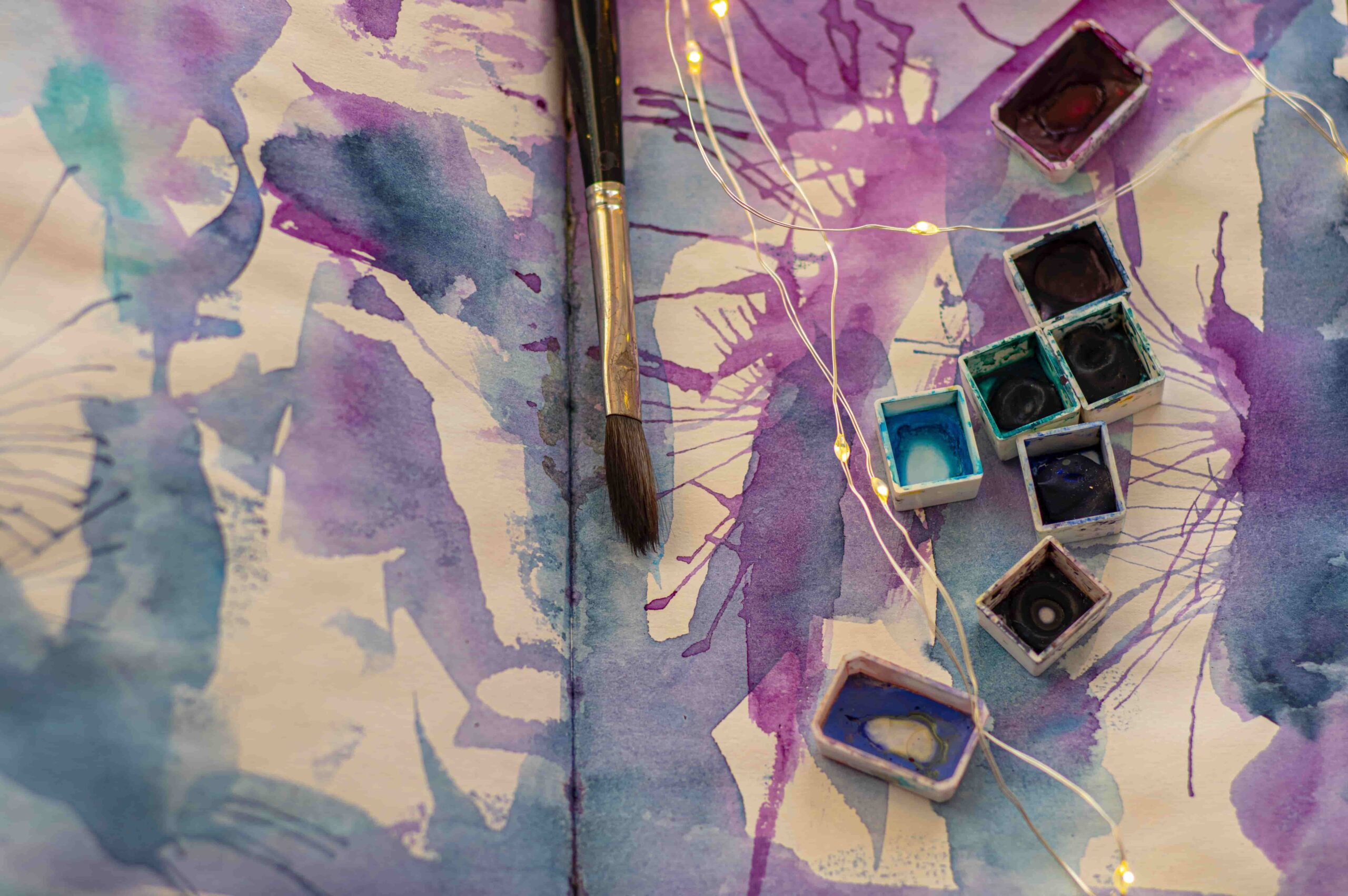The Reggio Emilia approach views children as competent and valuable, which is a nuanced and complementary view to the Montessori approach. Unlike in Montessori schools where activities are laid out for children to choose from, the emphasis is on project work. The school days start with an assembly during which teachers plant the seeds for ideas that children might become interested in, and children then choose the projects they will engage in during the rest of the morning through lunch time.
“Curriculum” in the Reggio Emilia approach
Practitioners and educators outside of Italy emphasize the complexity of projects undertaken at Reggio schools. It’s fair to say that the Reggio Emilia approach plants the seeds of project based learning in preschoolers, but the Italian term for project based work goes beyond our approach to the idea in the States.
When working with children, it’s impossible for them and their adults to envision the outcome of a project at the beginning because: 1) adults don’t have enough information about the children’s ideas, and 2) adults do not yet know what the best way is of exploring those ideas. There is a principle that a child has 100 languages which refers to the extraordinary potential children have and the myriad ways in which they express themselves.
Here are other principles for project work:
- Knowledge building does not proceed in a linear way
- Knowledge is acquired via a group process. Each individual learns from others around them, and conflict has a role in asking us to revise our models, theories, and views.
- Children produce their own theories to be inspired from.
Foundation of project work
There is no scripted curriculum or standards that drive the work of Reggio schools, but there are four types of educational projects:
- Foundational – projects on topics children have a right to explore
- Environmental – projects that grow out of the classroom areas
- Daily life – projects that spontaneously emerge during the morning assembly or daily life at school
- Self managed – projects set up for children to do independently or with a friend (cute!)
Many projects fall into more than one category.
What’s interesting is that in the Reggio Emilia approach, there is a document created at the beginning of the school year that discusses ideas and “appointments” teachers may have with children under larger topics like color or relationships. The document contains topics and themes which the teachers agree are the main concepts all the children will learn about in a given year, and these topics follow children through a 3-year cycle.
Inquiry based learning
Unlike in the US, projects are not constructed to cover curriculum. In the States, it is typical for curriculum to be created in order to meet standards, but the Reggio Emilia approach focuses on the interests of children. In this way, it favors the asking and answering of questions, and the development of critical thinking skills.
I think this is the reason why the Reggio approach has not taken off as strongly in the U.S. The competitive nature of American secondary schooling makes it so that parents are uneasy when they find out that there isn’t a clear learning outcome or path. For parents angling for a gifted education seat in the early years, their anxiety is also understandable.
Compared to the Montessori approach which has a structure for learning to read and perform impressive higher level math capabilities, it’s easy to see why the Reggio Emilia philosophy is not as popular with overachieving parents who are not used to waiting to see results.
So there’s a tradeoff to be had here. Here’s what kids enter Kindergarten with if they’ve attended a school that follows the Reggio philosophy:
- The ability to work independently and in groups,
- Perseverance and sticking with things when they get challenging
- Inventiveness
- Curiosity
It’s a tough choice, but there are clear benefits to inquiry based learning. As always, I leave you with the idea that supplemental learning for kids allows you to incorporate the philosophies and practices that matter to you irrespective of the program your child attends during the day.
You have more agency in directing your child’s education than you think…

